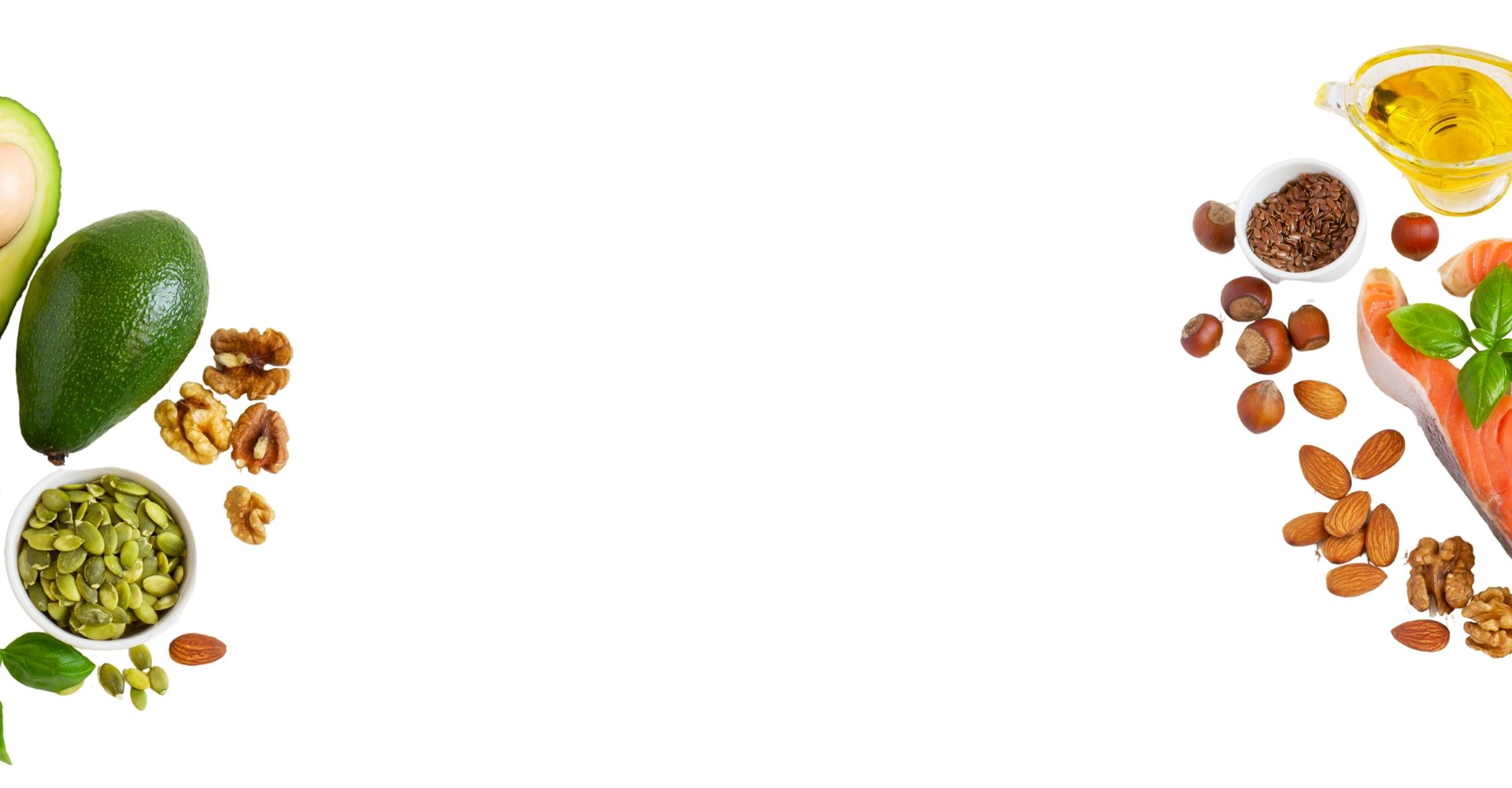
Irritable Bowel Syndrome (IBS) is a complex chronic digestive disorder estimated to affect 10-15% of the U.S. population.
Women are twice as likely as men to be affected. IBS is the most common reason for primary care office visits.
Common Symptoms of IBS
Irritable Bowel Syndrome can be classified as IBS-C (constipation predominant), IBS-D (diarrhea predominant) or IBS-M (mixture of chronic constipation and diarrhea).
IBS diagnosis is typically a diagnosis of excluding other conditions such as anemia, celiac disease, or thyroid issues. And it can present with a number of digestive complaints. Do these symptoms describe you?
• Constipation and/or diarrhea
• Urgent need to eliminate
• Feeling of incomplete elimination
• Bloating and gas
• Abdominal cramping
• Abdominal pain relieved by elimination
• Heartburn
• Bad breath
• Fatigue
• Anemia
• Multiple food sensitivities
While not life-threatening, IBS is often uncomfortable, embarrassing and negatively affects quality of life.
What Causes IBS?
Just as IBS is a complex condition, its potential causes can be varied and complex. It can be attributed to any of these triggers:
• Poor diet
• High fat diet
• Multiple food sensitivities
• Lactose intolerance
• Carbohydrate malabsorption (FODMAP sensitivity)
• Sugar alcohols (sorbitol or xylitol)
• Dysbiosis (alteration of the gut microbiome)
• Infections (viral or bacterial)
• Fungal infections (Candida overgrowth)
• Chronic stress
• Certain prescription medications
• Inadequate or excessive physical activity
“Digestion is complex. Proper digestion – and elimination – take dietary and lifestyle support for each of the nine organs involved. ”
And often, IBS has more than one root cause. Addressing the root cause(s) is necessary to move beyond just relieving symptoms. The goal is to restore balance in the entire digestive system. This typically leads to regular elimination and resolution of those uncomfortable IBS symptoms.
Can Nutritional Support Help?
Yes! I can’t say it enough — digestion is a complex process! It involves nine organs in your body. It starts in your mouth and ends in the anus and includes your esophagus, stomach, small and large intestines, gall bladder, liver, and pancreas as well. Propper digestion – and elimination – take dietary and lifestyle support for each of these organs.
Following a review of your health history, food log and symptoms timeline, the recommended dietary protocol for addressing IBS will be different depending on which type of cause(s) is suspected. Common nutritional recommendations include:
A whole foods diet, adequate hydration, probiotic-rich foods, and possibly probiotic supplementation
If food sensitivities are suspected, further blood testing may be necessary in order to determine which foods should be avoided while reducing inflammation in the gut
A specific type of temporary elimination diet, such as gluten-free or low FODMAP, may be recommended
Stress and sleep habits may be addresses as underlying contributors to IBS
Organ-specific supplementation
If an infection is suspected, further medical testing or stool analysis may be necessary before a specific dietary protocol is recommended
If you’re ready to upgrade your health and address the root cause(s) of your IBS, contact me.
To get started, book a free 30-minute nutritional consultation with me and we’ll put together a game plan to resolve your IBS symptoms — and cause(s).


